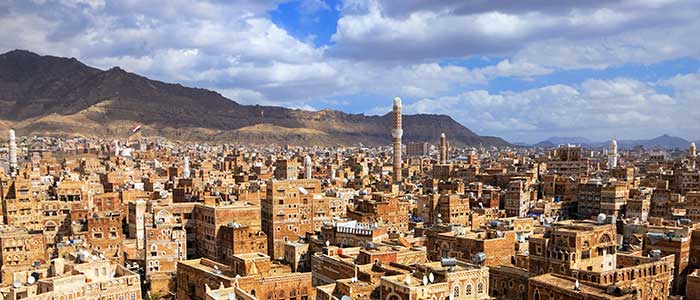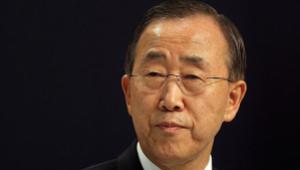Web-Yemen_shutterstock_86975528.jpg

Sana'a, Yemen's capital city
He said he is extremely concerned for the safety of the national and international staff who are still in the country, where years of civil war which intensified in 2015 is taking a heavy toll on civilians and public services.
Ban said that the UN High Commissioner for Human Rights (OHCHR), who the Yemeni foreign ministry said had not been impartial, was actively and effectively documenting the grave human rights violations suffered by the people of Yemen and trying to promote and protect their rights while strengthening justice and accountability.
But the Saudi-backed Yemeni government are said to have accused Abu Al-Zulof, the ONCHR’s representative in Yemen of losing professionalism and impartiality, and declared him a “persona non grata”. He is currently outside of the country and is expected to be unable to return.
Ban reiterated his full confidence in Al-Zulof and urged the government to reconsider its position.
Fighting in Yemen has continued after a short-lived ceasefire was breached in 2015, causing the suspension of peace talks that had just gotten underway.
On Tuesday the OHCHR released the numbers of civilian casualties as a result of the conflict since March, when a Saudi-led coalition began conducting airstrikes in Yemen in its fight against the Houthi rebels who oppose the government.
Both sides are accused of killing civilians, but the majority of deaths since March have been tied to coalition bombs.
Earlier today the World Health Organisation called on all parties in the conflict to allow access to the besieged city of Taiz, where the humanitarian situation is dire and aid workers and deliveries have been unable to gain access.
WHO said that all six of the city’s hospitals have been forced to partially close some services and are overwhelmed by the number of injured patients. It said five WHO trucks have been turned back since mid-December, preventing crucial deliveries of oxygen, medicines and other supplies.












